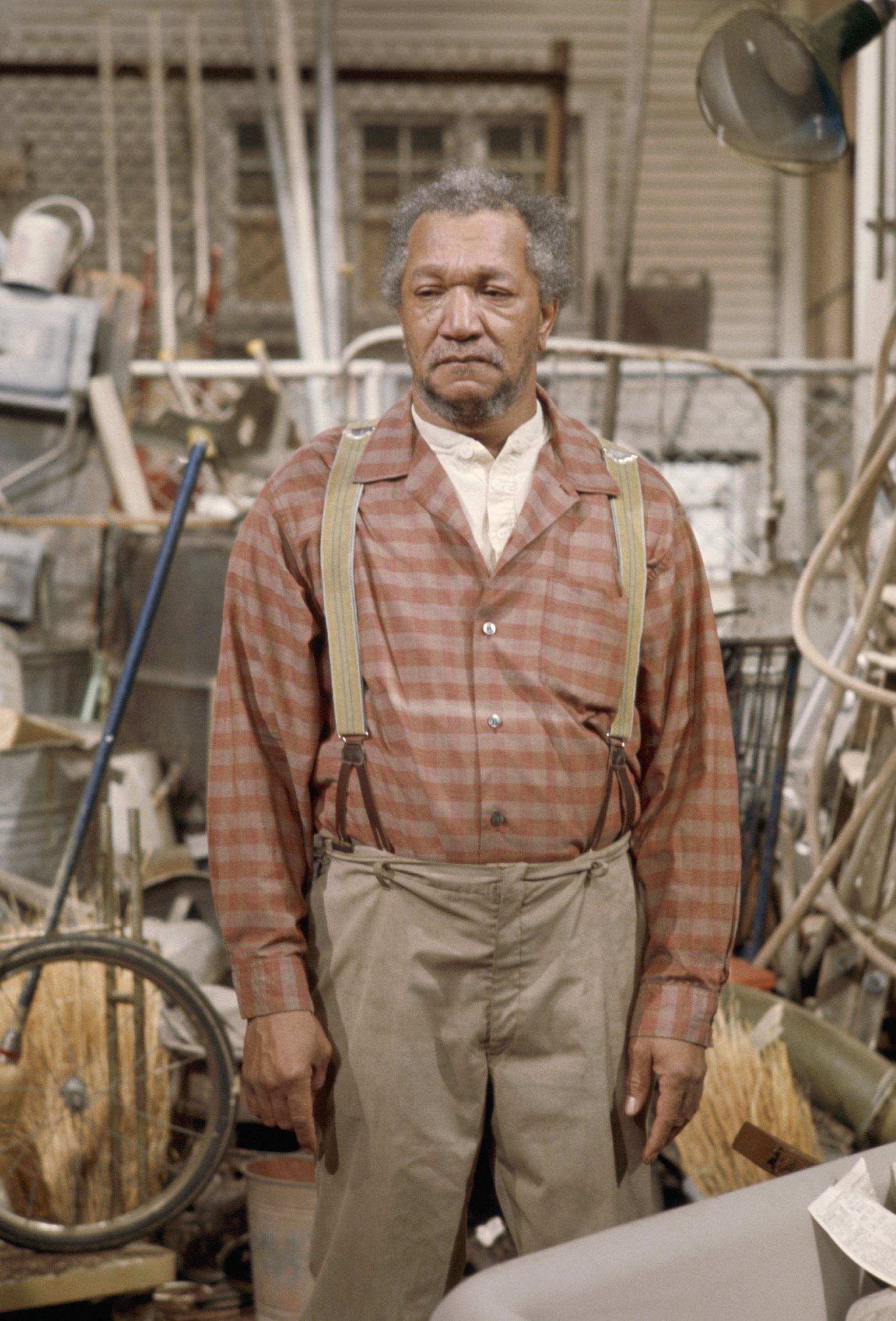Another Reply:
Maybe a race car driver provides a good metaphor for understanding the role being played by an effective point guard (pg) on autopilot.
The pg, a man in this discussion, must size up his own abilities, those of the team , and those of the opposition, in order to get a feeling for how to balance those factors to generate performance in harmony with them. He wants a mental state near the Goldilocks point, not too lax, not too intense, but just about right.
During training he has frequently had to remember to self-monitor his arousal level to help coordinate his play with the demands of the task. Is he at a good level of mental intensity for the speed and complexity taking place. While that's OK in practice, it's much too slow in an actual game. Like a race car driver, where car and race conditions can change on the fly much too fast to think about, the pg must be able to adapt to rapidly changing game conditions with decisions that are virtually automatic, faster than conscious thaought. This in itself, takes practice. The inability to do this well, maybe because of insufficient practice, leads to mistakes, crashes, and turnovers. The actor, either pg or race driver has moved away from the Goldilocks point, trying too hard or maybe not hard enough, using tactics and maneuvers that art too complex or maybe not complex enough for the situation. Analogously to the race car driver, it's the pg's role to keep the team moving in the right direction, at the right speed, with appropriate maneuvers to optimize the chances of winning.
What's the coach's role? I'm not sure. Maybe coach is the pit boss. I've never watched much racing. But I believe with practice the coach's decisions, too, are amenable to the automatic self-regulation of abilities, mental states, and their optimal balance.
